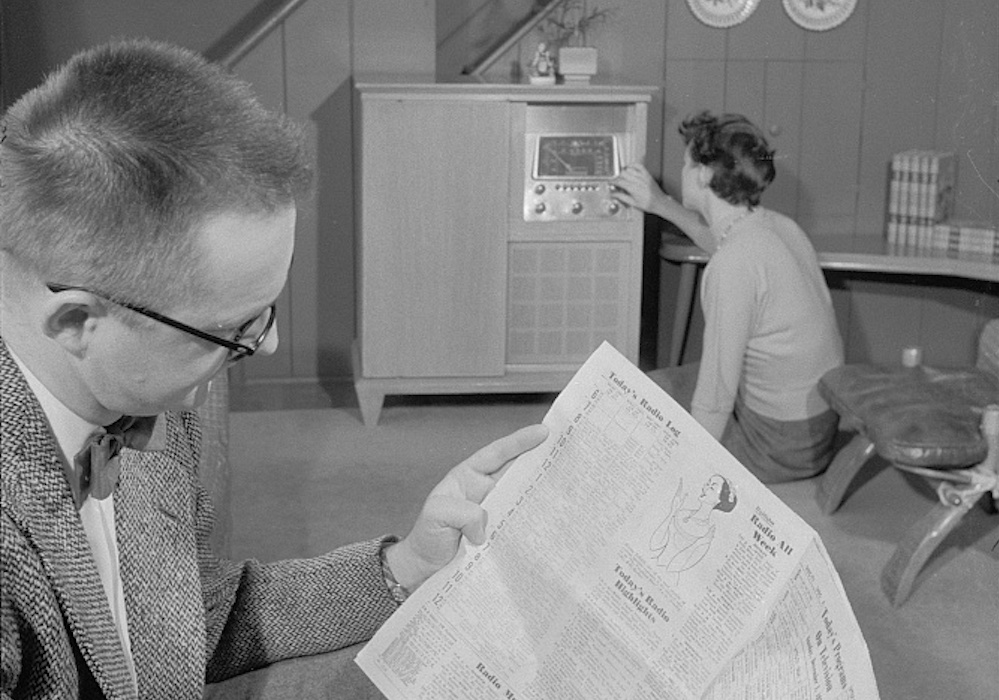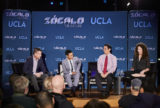Why Bringing Back the Fairness Doctrine Won’t Cure What Ails Modern Media
The Beloved, If Misunderstood, FCC Rule’s Promise Was Far Greater Than Its Performance
The Fairness Doctrine—the federal communications policy, in place from 1949 to 1987, that required U.S. broadcasters to address controversial issues and provide airtime to conflicting sides—is newly popular. Advocates for the policy’s return view it as a potential solution to divisive and destructive problems of our contemporary media environment, particularly as a way to mitigate disinformation in partisan media outlets. But restoring the original rule, especially with its narrow application to broadcast stations, would do no such thing.
It’s useful to understand the new interest in the Fairness Doctrine as …








